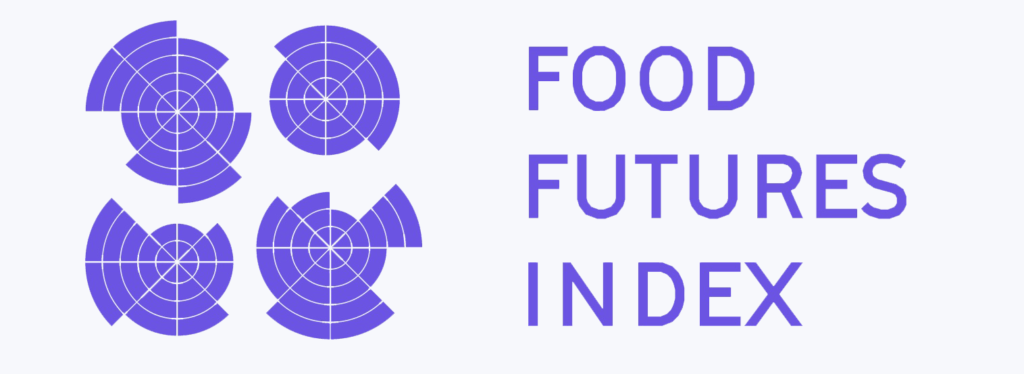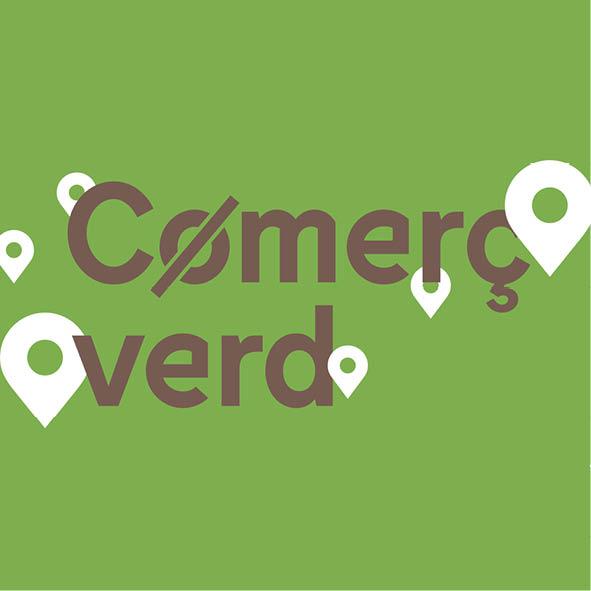
5. Anti-rival accounting in practice
This MOOC was created as part of the ATARCA project, an EU-funded project exploring the anti-rival nature of digital goods and experimenting with what anti-rival systems may look like.
The project includes three use cases that experiment with anti-rivalry in real world (and digital) communities. ATARCA is particularly interested in how to support anti-rivalry through incentivization systems using blockchain. The blockchain technology used in the cases enables the empowerment of communities with locally-governed rewards and accounting systems.
The first is Food Futures, an application that allows you to log your meal choices, creating a record of the environmental sustainability of your food. By encouraging sustainable consumption, Food Futures contributes to the larger goal of combating climate change.


In the Barcelona Green Shops case, community members in Barcelona are encouraged to shop in sustainable stores. Both shop owners and shoppers are part of a digital platform where they can receive tokens to acknowledge positive contributions to the community (for example, when purchasing environmentally sustainable products or when shop owners collaborate with other green shops).
And finally, the Streamr case is an open source project including a data marketplace (a form of data commons), where community members are incentivized to build up the community.
In this last chapter of this course, we are going to look more in depth at these cases and identify what exactly make them anti-rival.
